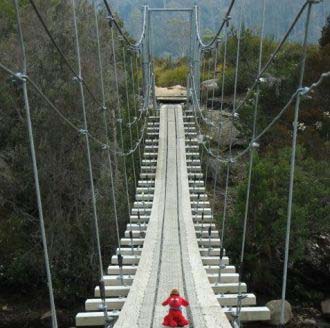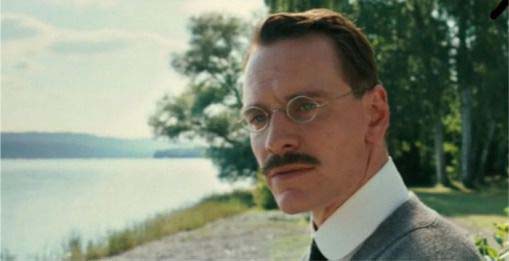
What Helps Depression During Major Life Transitions? 1
Does anyone really know what helps depression during major life transitions? The surprising answer is yes. It has a lot to do with giving attention to what the particular depression may be trying to tell us. It may come as a surprise to many to…






